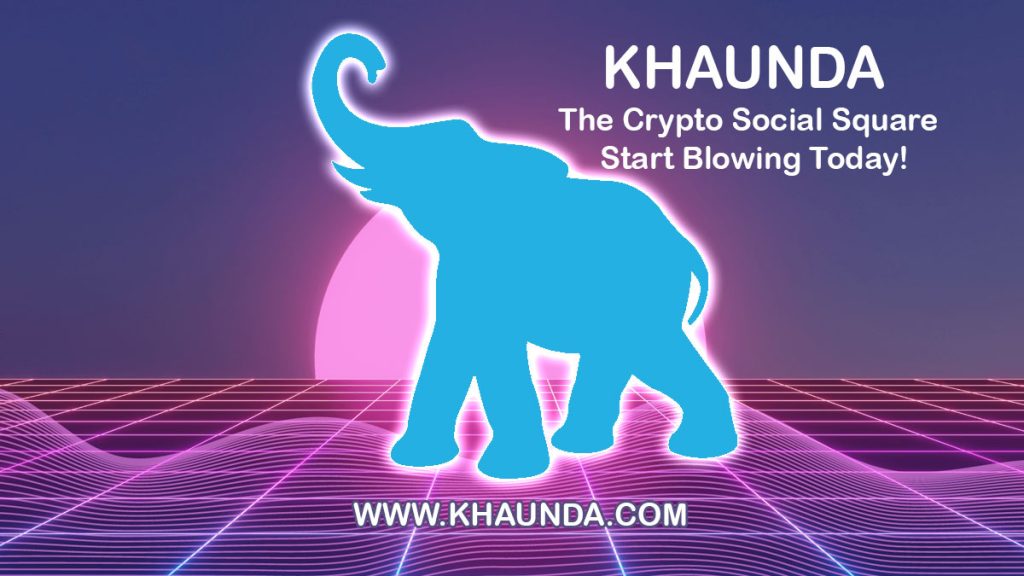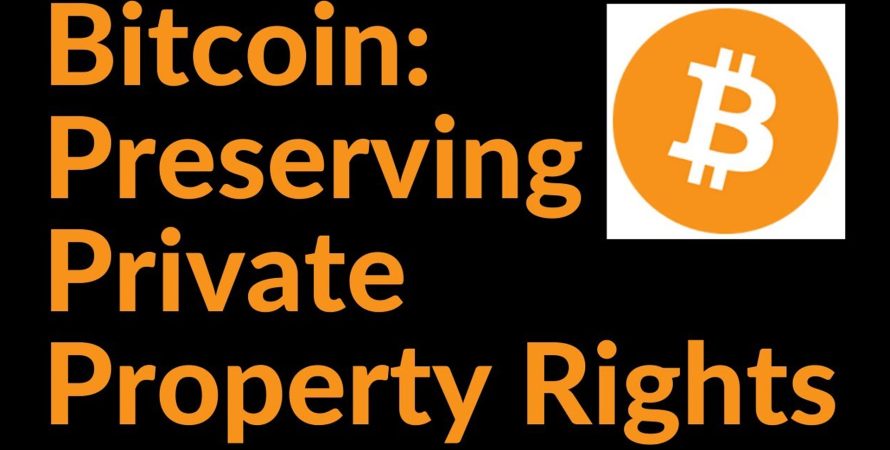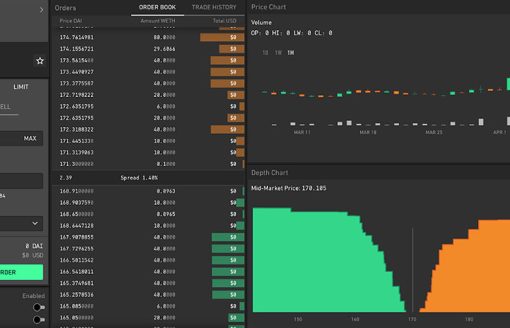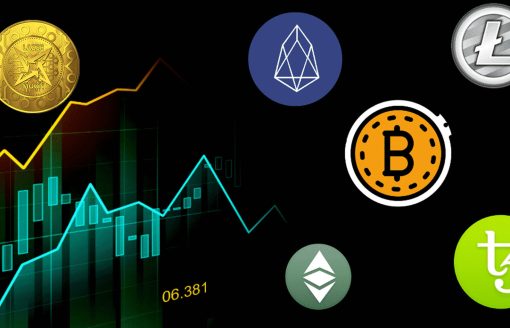Bitcoin stands out because it is a digital bearer asset that gives full private property rights to its users, and development must carefully protect this aspect.
Good neighbors respect fences and boundaries. Right?
Clear boundaries separate responsibility and make clear who is due what. With good boundaries, we can act more decisively because we know what we own. Without it, nobody feels responsible so it gets plundered like an appetizer plate which inevitably comes down to that last piece which keeps getting split in half. We call what we own property and the rights of ownership, property rights.
The ability to really own something is foundational to civilization. Those that own something and are assured of property rights are much more likely to take care of it. Think about how much cleaner a typical Uber driver’s car is versus a standard New York City taxi.
In addition, those that can have property rights over something they build are much more likely to build it. Property rights incentivize building and maintaining of property, which means that more things are built and more things are improved. The reason is because the owners of the property get the benefits of ownership, financial or otherwise.
The lack of property rights, or even confusion about who owns what, leads to decivilization. Stuff that no one owns, or “everyone” owns tends to fall into disrepair, because anyone that takes care of the property gets at best a fraction of the benefits that a true owner has. This is called the freeloader problem because the ones who do the work don’t benefit nearly as much as they would their own property. Think about the last time you cleaned up a public park versus the last time you cleaned your own car. You probably clean your own car more than a public park because you own it.
Fuzzy Property
Confusion around property sneaks in without our being consciously aware. For example, banking introduces a subtle undermining of property rights through custody. If you hold a balance at a bank, the money isn’t really yours. Of course, you can use the money with the bank’s permission. But if the bank doesn’t like your transaction? You can’t use the money. If the government says that the money was obtained illegally? You can’t use the money. If Congress passes legislation to give a haircut to all bank balances? You won’t have the money.
Depositing your money at the bank is an act of trust, which is why we call them a trusted third party. Given that they screw more people over more than Dan Larimer, it may seem strange that so many people trust banks. But this is because we really have no choice in the fiat system. A checking account is as artificial a necessity in today’s world as a college degree.
Trusted third parties like banks are really ways to undermine property rights or a fuzzing of boundaries around property. Property, when held by someone else, is now shared and permission is required. That permission is granted most of the time to make it seem like we still own the property. The reality is that their permission is a way to control and monitor what we’re doing. Banks are essentially deputized for government surveillance through know-your-customer laws.

We have a similar situation with online content. Our data lives on Twitter or Google, for example, and they clearly own the servers, but it’s supposedly our data. Our accounts on those services thus have very fuzzy boundaries. Generally, the fuzzy boundaries are always to the tech companies’ advantage. They conveniently tell us that it’s their property when they want to kick you off their platform and that it’s your property when you say something that would get them in trouble. They use the fuzzy boundaries to their advantage, moving their fences to take as much of your digital data as they can profit from.
Even more undermining of property rights is this weird concept of public property. The concept itself is an oxymoron as the word property comes from the Latin word, propria, which means one’s own. “Public” property is owned by everyone, which all too often means that it’s not really owned by anyone, but exploited by those in charge. “Public” property is a honeypot for cronyism and embezzlement. Compounding this is that the property itself in the form of taxes is collected by force. “Greater good” is just a convenient excuse to rob us and plunder the proceeds.
Taking other people’s property by force is theft and theft is what undermines civilization. Public property, in other words, is an easy means of theft.
Bitcoin
The reason why BItcoin is revolutionary is because it’s property that’s truly owned. It’s very hard to confiscate, unlike other forms of property. The absolute ownership of value that we have in Bitcoin is unprecedented and cause for great hope, particularly as inflation and confiscation proliferate in the fiat world. Read More at BITCOINMAGAZINE![]()
Please Read Essential Disclaimer Information Here.
© 2024 Crypto Caster provides information. CryptoCaster.world does not provide investment advice. Do your research before taking a market position on the purchase of cryptocurrency and other asset classes. Past performance of any asset is not indicative of future results. All rights reserved.
Contribute to CryptoCaster℠ Via Metamask or favorite wallet. Send Coin/Token to Addresses Provided Below.
Thank you!
BTC – bc1qgdnd752esyl4jv6nhz3ypuzwa6wav9wuzaeg9g
ETH – 0x7D8D76E60bFF59c5295Aa1b39D651f6735D6413D
MATIC – 0x7D8D76E60bFF59c5295Aa1b39D651f6735D6413D
LITECOIN – ltc1qxsgp5fykl0007hnwgl93zr9vngwd2jxwlddvqt
Support CryptoCaster with any amount of Bitcoin by copying and pasting our Unstoppable Domain; villagewest.crypto in your sending wallet or crypto coin exchange.
Your contribution support will help in our growth, coverage, and global presence. CryptoCaster is a decentralized publisher “Covering a Global Evolution Re-defining Mediums Of Exchange”. We will continue to upgrade and create impactful sections to our lineup.
Any amount, as often as you can contribute will be greatly appreciated.
Every contribution, however big or small, is so valuable for our future. Thank you for your consideration and support!
Member of Global Meta Media Consortium℠ – www.g2mc.world





